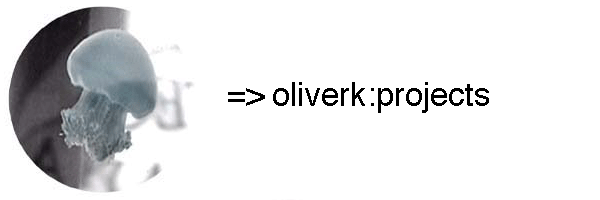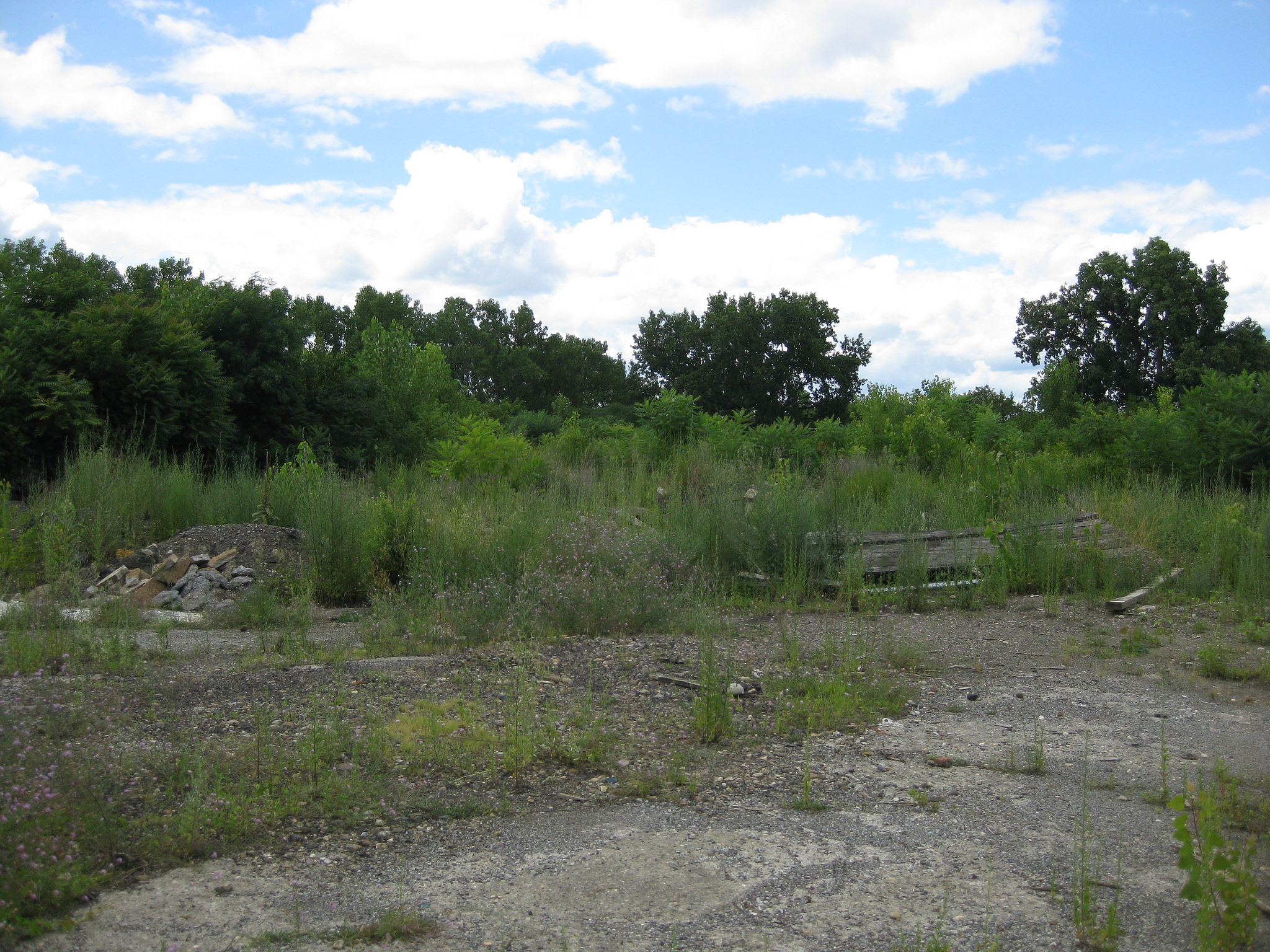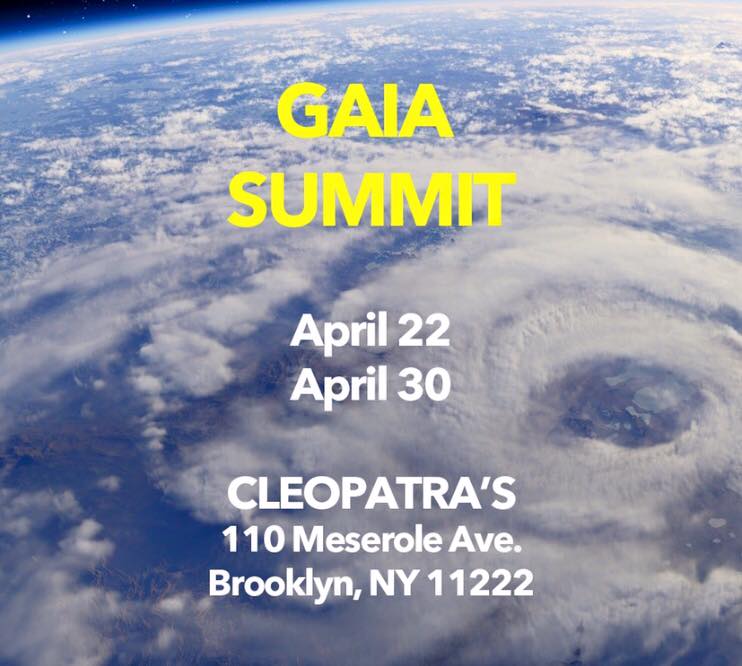projects:
events:
-
Thursday, March 20, 2025 - 12:00 - 13:00
-
Tuesday, April 26, 2022 - 03:30 - 16:30
-
Friday, April 1, 2022 - 18:00 - Monday, April 4, 2022 - 12:00
-
Friday, April 1, 2022 - 09:00 - Sunday, July 31, 2022 - 17:00
-
Wednesday, December 8, 2021 - 21:45 - 22:45
-
Friday, November 5, 2021 - 13:45 - 16:00
-
Tuesday, October 12, 2021 - 13:30 - 14:15
-
Monday, June 28, 2021 - 10:00 - 11:00
-
Thursday, March 19, 2020 - 12:00 - Sunday, March 22, 2020 - 00:00
-
Friday, October 25, 2019 - 21:00 - Sunday, October 27, 2019 - 23:00
-
Thursday, August 1, 2019 - 12:00 - Wednesday, October 2, 2019 - 00:00
-
Friday, April 26, 2019 - 21:30 - Saturday, April 27, 2019 - 00:30
-
Friday, March 29, 2019 - 23:00 - Sunday, March 31, 2019 - 21:00
-
Sunday, June 24, 2018 - 12:00 - Saturday, July 7, 2018 - 22:00
-
Friday, June 22, 2018 - 12:00 - Sunday, September 30, 2018 - 20:00
-
Saturday, June 9, 2018 - 12:00 - 19:00
-
Saturday, May 19, 2018 - 15:00 - Sunday, November 11, 2018 - 22:00
-
Sunday, April 22, 2018 - 13:00 - 23:00
-
Friday, April 13, 2018 - 22:00 - Sunday, April 15, 2018 - 17:00
-
Friday, January 26, 2018 - 09:30 - 11:00
-
Saturday, July 1, 2017 - 03:00 - Sunday, August 27, 2017 - 03:00
-
Friday, May 26, 2017 - 12:00 - Saturday, May 27, 2017 - 15:00
-
Sunday, May 14, 2017 - 13:00 - 17:00
-
Sunday, April 30, 2017 - 20:00 - 22:30
-
Sunday, April 9, 2017 - 18:00 - 20:00
-
Tuesday, November 15, 2016 - 14:00 - 16:00
-
Tuesday, April 12, 2016 - 17:00 - 18:30
-
Tuesday, March 1, 2016 - 12:00 - Monday, June 6, 2016 - 21:00
-
Thursday, February 25, 2016 - 14:15 - 14:30
-
Tuesday, February 16, 2016 - 14:15 - Wednesday, February 17, 2016 - 00:45
-
Wednesday, December 2, 2015 - 22:00 - Sunday, December 6, 2015 - 22:00
-
Saturday, November 21, 2015 - 19:00 - 21:00
-
Friday, September 18, 2015 - 03:00 - Monday, December 7, 2015 - 02:59
-
Saturday, May 16, 2015 - 16:00 - 19:00
-
Friday, April 17, 2015 - 19:00 - Saturday, April 18, 2015 - 22:00
-
Wednesday, February 25, 2015 - 03:00 - Wednesday, March 25, 2015 - 03:00
-
Tuesday, November 11, 2014 - 20:00 - Wednesday, November 12, 2014 - 00:00
-
Monday, September 22, 2014 - 12:00 - Sunday, September 28, 2014 - 02:00
-
Wednesday, July 30, 2014 - 12:00 - Monday, August 4, 2014 - 01:00
-
Tuesday, July 22, 2014 - 13:00 - Friday, July 25, 2014 - 19:00
-
Wednesday, March 19, 2014 - 21:00 - 22:00
-
Saturday, March 15, 2014 - 12:00 - Friday, March 28, 2014 - 12:00
-
Thursday, March 6, 2014 - 19:00 - 21:00
-
Tuesday, February 25, 2014 - 14:00 - 15:15
-
Friday, October 25, 2013 - 11:30 - Saturday, October 26, 2013 - 19:00
-
Saturday, September 28, 2013 - 20:30 - 23:30
-
Monday, September 16, 2013 - 03:00 - Wednesday, September 25, 2013 - 02:59
-
Sunday, May 26, 2013 - 18:00 - 21:00
-
Saturday, May 25, 2013 - 14:00
-
Thursday, May 9, 2013 - 18:00
-
Thursday, February 21, 2013 - 22:00 - Friday, February 22, 2013 - 00:00
-
Thursday, February 7, 2013 - 17:00 - 19:00
-
Tuesday, December 4, 2012 - 22:30
-
Sunday, September 30, 2012 - 21:30 - Monday, October 1, 2012 - 00:00
-
Wednesday, September 26, 2012 - 20:00 - Thursday, September 27, 2012 - 00:00
-
Saturday, August 25, 2012 - 16:00 - 19:00
-
Friday, June 1, 2012 - 14:00 - 16:00
-
Friday, February 17, 2012 - 21:00
-
Thursday, January 26, 2012 - 15:00 - 17:00
-
Friday, November 18, 2011 - 21:30 - Monday, November 21, 2011 - 00:00
-
Sunday, September 18, 2011 - 13:00
-
Saturday, September 17, 2011 - 13:00 - 17:00
-
Saturday, June 25, 2011 - 13:00
-
Thursday, June 23, 2011 - 22:00
-
Wednesday, June 22, 2011 - 22:00
-
Thursday, May 5, 2011 - 22:00
-
Thursday, October 28, 2010 - 22:00 - Friday, October 29, 2010 - 01:00
-
Tuesday, June 1, 2010 - 21:00 - Wednesday, June 2, 2010 - 00:00
-
Friday, April 16, 2010 - 23:00
-
Wednesday, March 31, 2010 - 22:00 - Thursday, April 1, 2010 - 00:00



